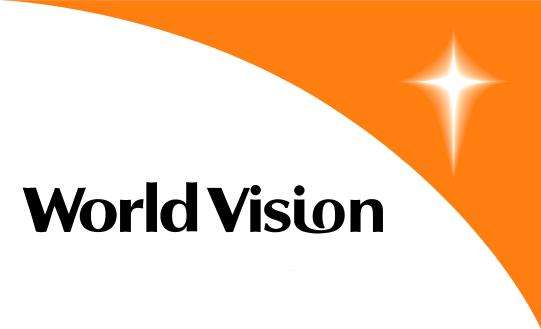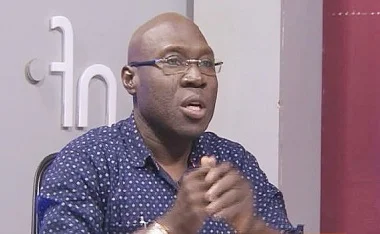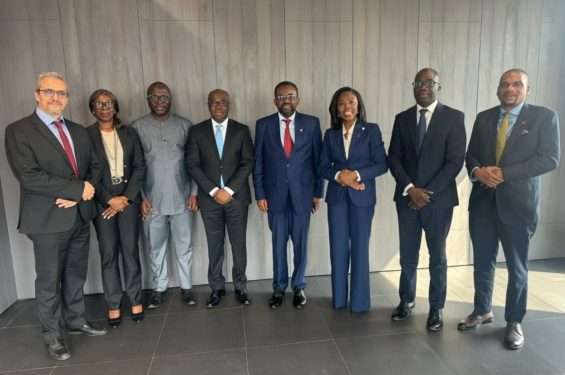Plan International Ghana and World Vision Ghana have expressed profound concern regarding the purported marriage between a 12-year-old girl and a 63-year-old traditional priest in Nungua, Accra Ghana.
In a press statement, the International Non-Governmental Organizations (INGOs) noted with concern the various media reports of certain individuals attempting to justify and defend the alleged union under the guise of traditional and cultural practices.
“We strongly condemn this repulsive act and assert unequivocally that there is no justification for the marriage, union, or betrothal of a girl child to a man, regardless of cultural traditions or any other pretext. She is a child, not a bride! The welfare of the child is paramount in all situations. Child marriage is a form of gender-based violence and a grave violation of human rights that perpetuates a cycle of poverty, illiteracy, and gender inequality, depriving children, particularly girls, of their rightful childhood, education, and opportunities for a brighter future.”
Plan International Ghana and World Vision Ghana
The INGOs stressed that this grave and unlawful act constitutes a major infringement of the rights to bodily autonomy for the 12-year-old girl and potentially to all Ghanaian girls exposed to such traditional malpractices. The purported marriage of this 12-year-old girl undoubtedly poses a significant threat to her health, education, and holistically, her personal and professional development.
According to the INGOs, the action violates the Children’s Act of Ghana, 1998 (Act 560), specifically Section 14, which forbids the marriage or betrothal of children under the age of eighteen (18) years. Additionally, Section 16 underscores the State’s solemn duty to shield children from exploitation, abuse, and any form of violence, including early marriage.
“As a signatory to international conventions such as the Convention on the Rights of the Child (CRC), Ghana is bound by its commitment to eradicating child marriage and aligning its laws and policies with the principles enshrined in such conventions. The Government of Ghana must uphold its obligation to protect the rights of all individuals and take concrete actions to eliminate harmful practices such as child-early and Forced Marriage (CEFM), including through effective legislation and awareness raising with communities about the physical and mental harm, and long-term adverse impacts that result from this harmful practice.”
Plan International Ghana and World Vision Ghana

Swift Actions Needed to be Taken
To effectively deter similar acts of child marriage and exploitation in Ghana, Plan International Ghana and World Vision Ghana are advocating for the full enforcement of existing laws. This approach aligns with the broader efforts of international organizations and governments to combat child marriage.
Plan International Ghana and World Vision Ghana urged the government of Ghana to collaborate with law enforcement agencies and civil society organizations to ensure that justice is served swiftly.
Also, the INGOs stated, “The parents of the child are prevented from supporting and affirming this purported marriage and that this harmful traditional practice(s) be abolished with immediate effect.”
“The 12-year-old girl is released to continue her education in a safe environment. The 12-year-old girl is protected from victimization and stigma and provided with all the support she needs to thrive in her environment.”
Plan International Ghana and World Vision Ghana
Additionally, Plan International Ghana and World Vision Ghana called on the government to extensively roll out public education to create awareness of the harmful traditional practices that prevent girls from developing their full potential. Every girl and child should have the autonomy and necessary knowledge to make informed decisions about her body.
For Plan International Ghana and World Vision Ghana, advocating for the full enforcement of laws is part of a comprehensive strategy that includes education, awareness, and the strengthening of protective systems. By working together with governments, international organizations, and communities, these organizations aim to create a safer environment for children in Ghana and beyond, effectively deterring acts of child marriage and exploitation.
READ ALSO: Ghana’s Power Crisis Deepens as Data Reveals a Stark Reality





















